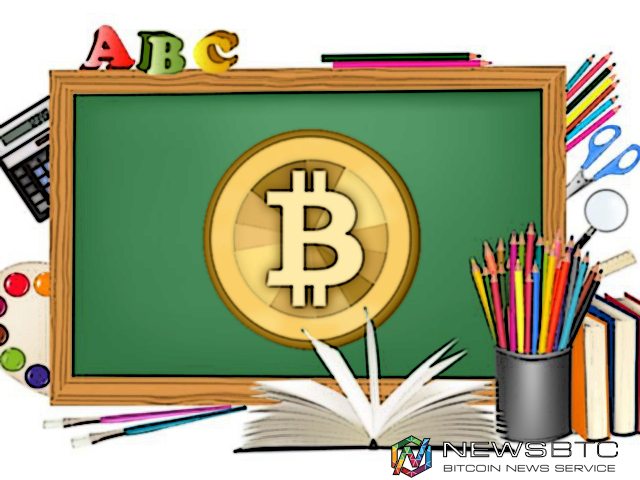Blockchain technology, initially developed to record and confirm all digital currency transactions happening over the bitcoin network is increasingly being used in various industries. Given that bitcoin is a kind of decentralized financial network, the banking, and financial institutions are the ones who are more interested in the technology than rest of the industries. While the interest of these sectors is expected, the education sector has recently started adopting the blockchain technology as well.
Blockchain technology offers endless opportunities, some of the educational institutions have already implemented the technology while there are few with plans chalked out for the coming years. With blockchain technology, the education sector plans to use it for recording and verifying the academic performance, attendance records, and degree certificates.
The blockchain is known for being transparent, secure and immutable. By using the technology, the educational institutions intend to make the whole process of maintaining records more cost efficient, transparent and secure. In addition to efficiency and security, storing academic records on the blockchain technology will enable students to access their credentials and certificates at anytime from anywhere in the world without having to worry about losing the certificates or having to get it reissued from their universities.
The University of Nicosia in Cyprus is one of the early adopters of blockchain technology. The university is already maintaining records of the students’ achievements on the distributed ledger. According to George Papageorgiou, one of the faculties of the University the new system has been received well by the student community who are more than willing to experience the blockchain technology first hand. Incidentally, the University of Nicosia is also among the first ones to offer cryptocurrency courses as part of the curriculum.
It is not just the blockchain technology, even bitcoin is slowly making entry into mainstream education. Few universities already have Bitcoin ATMs installed inside the campuses. The campus stores have even started accepting bitcoin payments in these universities. It is inevitable for the students to be exposed to digital currency and its underlying technology. Especially, with both bitcoin and blockchain technology becoming part of multiple industry sectors, students will eventually end up gaining employment in the companies which have implemented the distributed ledger technology.
The implementation of Bitcoin technology by universities and educational institutions will be instrumental in streamlining the whole education system. Maintaining educational records on blockchain will not only allow students to readily access their academic records as mentioned earlier, but it will also allow the prospective employers to access the same for employment purposes. A unified distributed ledger with details of all students on a single blockchain will make it a one-stop shop for both students, employers, and institutions to access, share and verify the credentials based on the type of permission they have.
In short, the introduction of blockchain technology into the education system will prevent counterfeiting and fraud of educational degrees while bringing the educational system up to speed with current technologies.
Ref: CNBC Disclaimer: The statements, views and opinions expressed in this column are solely those of the author and do not necessarily represent those of NewsBTC Header Image Credits: NewsBTC
